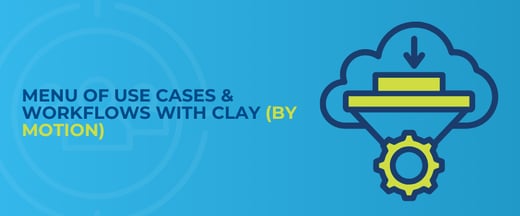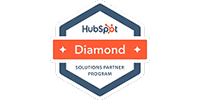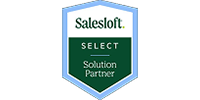Sales 3.0: Embracing the Evolution of Sales for Future Success
The world of sales has come a long way since its inception. From the early days of labor-intensive, chaotic sales processes to the era of technology-driven efficiency, we now find ourselves on the cusp of Sales 3.0. This new era promises to revolutionize the way we approach sales, leveraging advanced technologies and process engineering to create a finely tuned, lean-manufacturing-like sales machine. In this post, we will explore the evolution of sales and delve into what Sales 3.0 entails for businesses and sales professionals.
Sales 1.0: The Survival Game
Cast your mind back to the early 2000s when sales programs lacked sophistication and organizational efficiency. It was the era of Sales 1.0, where salespeople were left to navigate chaotic CRM systems and engage in a full-cycle survival game. The lack of technology and clear organization made sales a thrilling but far-from-efficient endeavor. Prospecting, initiating contacts, developing messaging, arranging appointments, generating proposals, and managing accounts were all part of a salesperson's responsibilities. It was a challenging landscape where success relied heavily on the individual's ability to navigate the complexities of the sales process. This was the peak of field sales.
Sales 2.0: The Rise of Technology and Efficiency
As we entered the 2010s, a new era of sales emerged—Sales 2.0. This phase brought about the adoption of segmented sales programs and the introduction of sales development roles. The sales process became more streamlined, with specialized roles responsible for generating market demand and transferring it to sales specialists who could close deals. Technology played a crucial role during this period, with the rise of various sales tools and platforms that empowered salespeople to operate more efficiently and on a larger scale. The focus shifted to maximizing productivity and leveraging technology to enhance individual efforts vertically.
Sales 2.5: Technology Enablement and Scaling
Around 2014, Sales 2.5 began to take shape with a significant wave of technology enablement. Companies, driven by institutional capital partners' pursuit of rapid scaling, invested heavily in technologies that empowered salespeople. Tools such as Boomerang, Slack, Gong, and thousands of others fueled a competitive race to accelerate the sales process. However, this era also witnessed questionable sales tactics being deployed at scale, prompting the need for a more refined and ethical approach. Email providers became increasingly strict with suspicious behavior, send limits cracked down on suspicious behavior, and domain health became an important operations dance. Platforms like LinkedIn followed suit in sales activity limits as sales became more creative in finding ways to interact with their target market.
Sales 3.0: The Dawn of Process Engineering and AI
Now, we stand on the threshold of Sales 3.0, a new sales era driven by process engineering and generative AI. Sales technology companies worldwide are diligently integrating large language models, positioning themselves for an AI-driven future in sales. Sales 3.0 envisions a transformation of the antiquated sales segment into a finely tuned, lean-manufacturing-like sales machine. This programmable and engineerable machine will empower exceptional salespeople, enabling them to achieve exponential increases in productivity and scale their efforts vertically. No longer are the days of scale simply meaning the size of the sales team a company can support, but the efficiency and productivity sales leaders can drive out of their best performers. Process engineering and generative AI will sit at the intersection of talent development and recruiting to redefine a maturing sales function.
The Impact and Future of Sales 3.0
Sales 3.0 holds immense potential for businesses and sales professionals alike. By harnessing the power of process engineering and AI, companies can maximize the impact of their top-performing salespeople and generate substantial revenue. The traditional approach of promoting the best salesperson to a managerial role, which often inhibits earning potential, will be replaced by a focus on letting demand generation stars continue to excel. closers close, and leveraging technology for efficiency. This shift will lead to a considerable contraction in human capital within sales and marketing departments as technology takes center stage.
As we venture into the era of Sales 3.0, businesses need to prepare themselves for the transformative changes that lie ahead. Embracing process engineering and AI-driven technologies will be crucial to unleashing the true potential of exceptional salespeople and driving revenue growth. The evolution of sales programs has taught us the importance of adapting to new technologies and leveraging them to enhance sales efficiency. Sales 3.0 promises a future where sales becomes a finely tuned, lean-manufacturing-like machine capable of infinite vertical scaling. Will your company be ready?
If you aren't sure, request a free consultation today to discuss an audit of your revenue operations program.










